War Studies Program
Learn the theory, practice, organization, and control of war and military forces.
Summer 2012
Washington, DC
What shapes the relationships among nations? How has America influenced the international order? Is American power and influence growing or declining? This seminar will address the nature of the world order and America’s role in shaping it.
Image courtesy National Museum of American History
Robert Kagan on the U.S. and the liberal world order
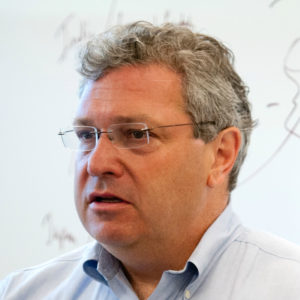
Robert Kagan is a senior fellow with the Project on International Order and Strategy in the Foreign Policy program at the Brookings Institution. He is a contributing columnist at The Washington Post. His most recent book is The New York Times bestseller, The World America Made.

Robert Kagan is a Senior Fellow in the Center on the United States and Europe in Foreign Policy at the Brookings Institution. He served in the State Department from 1984 to 1988 as a member of the policy planning staff, as principal speechwriter for Secretary of State George P. Shultz, and as deputy for policy in the Bureau of Inter-American Affairs.
Dr. Kagan is listed by Foreign Policy magazine as one of the world’s “Top 100 Public Global Thinkers.” He writes a monthly column on world affairs for The Washington Post, and is a contributing editor at both The Weekly Standard and The New Republic. His latest book, The Ghost at the Feast: America and Collapse of World Order, 1900-1941 (Knopf), was released January 2023. His previous books include The World America Made, The Return of History and the End of Dreams, Dangerous Nation: America’s Place in the World from its Earliest Days to the Dawn of the 20th Century, Of Paradise and Power, and A Twilight Struggle: American Power and Nicaragua, 1977-1990.
Dr. Kagan also serves as a member of the Secretary of State’s foreign affairs policy board and is co-chairman of the bipartisan Working Group on Egypt. He is a graduate of Yale University and Harvard University’s Kennedy School of Government and holds a Ph.D. in American History from American University.
Readings:
Discussion Questions:
Readings:
Discussion Questions:
Readings:
Discussion Questions:
Readings:
Discussion Questions:
Readings:
Discussion Questions:
Vance Serchuk
Vance Serchuk is Executive Director of the KKR Global Institute and an Adjunct Senior Fellow at the Center for a New American Security. Prior to joining KKR, Mr. Serchuk served for six years as the senior national security advisor to Senator Joseph Lieberman (I-Connecticut).
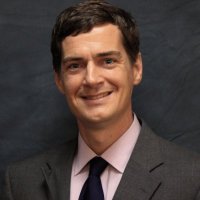
Hugh Liebert
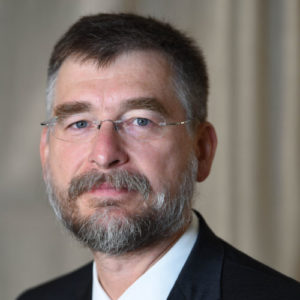
Jakub J. Grygiel
Jakub Grygiel is an Associate Professor at the Catholic University of America. From 2017–18, he was a member of the Policy Planning Staff at the U.S. Department of State. His most recent book is Return of the Barbarians: Confronting Non-State Actors from Ancient Rome to the Present.
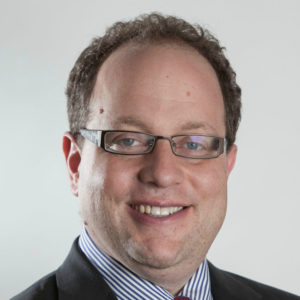
Daniel Blumenthal
Dan Blumenthal is a senior fellow at the American Enterprise Institute, where he focuses on East Asian security issues and Sino-American relations. Mr. Blumenthal has served in and advised the US government on China issues for more than a decade.
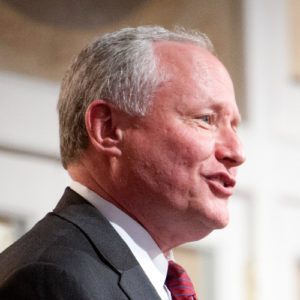
William Kristol
William Kristol is editor at large of The Weekly Standard, which, together with Fred Barnes and John Podhoretz, he founded in 1995. Mr. Kristol has served as chief of staff to the Vice President of the United States and to the Secretary of Education. Before coming to Washington in 1985, Kristol taught politics at the University of Pennsylvania and Harvard’s Kennedy School of Government.
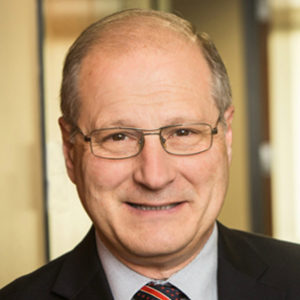
Eric S. Edelman
Ambassador Eric S. Edelman is Counselor at the Center for Strategic and Budgetary Assessments. He retired as a career minister from the U.S. Foreign Service on May 1, 2009. He has served in senior positions at the Departments of State and Defense as well as the White House, where he led organizations providing analysis, strategy, policy development, security services, trade advocacy, public outreach, citizen services, and congressional relations.